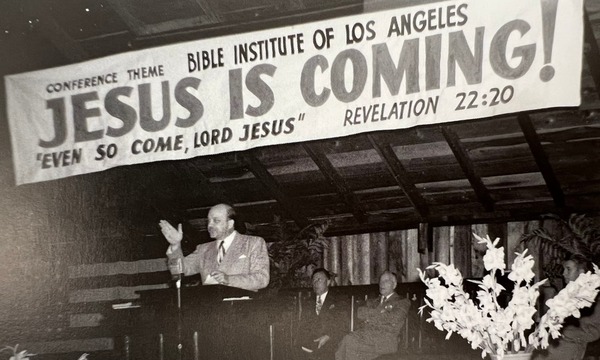For alumna Morgan Stickney (B.S. ’23), perseverance and dedication are part of her daily routine. With gold and silver medals from the Paris 2024 Summer Paralympics already part of her panoply, Stickney continues to make waves. She recently won two gold medals at the Toyota World Para Swimming Championships held in Singapore in September.
“What an incredible experience. Grateful to come home with two Gold medals for Team USA,” wrote Stickney in a social media post.
The event, organized by the Singapore Disability Sports Council (SDSC), took place in a familiar pool for many elite Para swimmers, as it was part of the Para Swimming World Series in 2019, 2022, 2023 and 2024. The competition brought together more than 600 top Para athletes from 60 nations.
Before the World Championships this year, Stickney earned gold in the 400-meter freestyle S7 during the Paris 2024 Paralympics. She not only medaled, but broke the Paralympic record for that race by 2.86 seconds. She won silver for the 100-meter freestyle S7. Earlier that year, Stickney performed remarkably well in the 2024 Paralympic trials in June 2024, setting a new world record for the 400m freestyle. Stickney previously won two Paralympic gold medals in the 400-meter freestyle and 4x100-meter medley relay for the United States in the 2020 Tokyo Paralympics.
Stickney considers the swimming pool her “happy place” and began swimming as a young girl. By age 13, she was ranked among the top 20 distance swimmers in the nation and had her sights set on the Olympics. To get where she is today, Stickney has overcome numerous health-related challenges and has undergone more than 30 surgeries.
She began at Biola in 2016 when she was ranked among the top 20 American freestyle swimmers and competed on Biola’s team as a freshman. Soon after, pain from a previously broken sesamoid bone in her left big toe worsened, leaving her unable to compete or swim. In 2017, she developed a staph infection in her foot and, at age 20, made the difficult decision to amputate it. More infections and a cardiovascular condition that blocked blood flow to her lower legs later led to her becoming a bilateral amputee.
Her rare vascular condition still requires rigorous treatment, often keeping her in the hospital and away from the pool for days or weeks at a time, making her achievements in and out of the pool all the more astounding. The days not spent in the hospital are spent in her happy place.
Stickney earned a degree in applied psychology from Biola‚Äôs Rosemead School of Psychology and she recently began ª∆πœ ”∆µ studies at Tufts University School of Medicine, a dream she has had since childhood. As long as she is in the pool, Stickney continues to push the limit.
"So many people in this world live with a disability, and we work just as hard, if not harder, than able-bodied athletes, because we have so much to overcome with our disabilities every day. I mean, I can’t even get out of bed without putting my prosthetics on, yet I won two gold medals,” said Stickney in a Biola Magazine article. “I think it’s so cool that the Paralympics exist to show the world what people with disabilities can do.”
The Rosemead School of Psychology at Biola integrates the science of human behavior with a Christian understanding of human nature. Students are equipped with knowledge and skills for professional roles in clinical psychology, therapy, counseling, teaching and research.
Written by Sarah Dougher, media relations specialist. For more information, email media.relations@biola.edu.
 Biola University
Biola University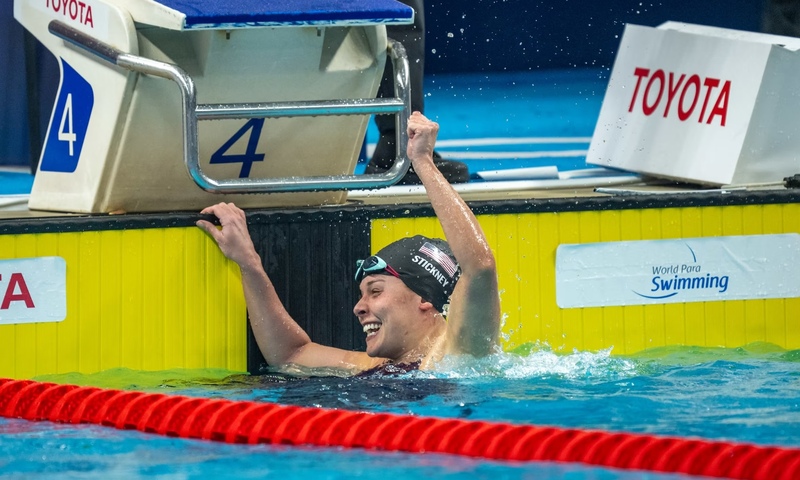
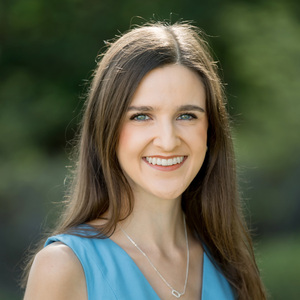
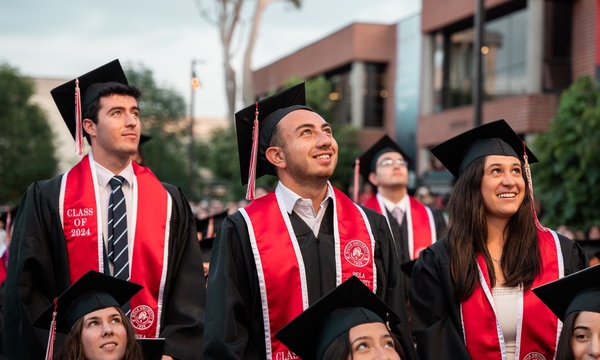
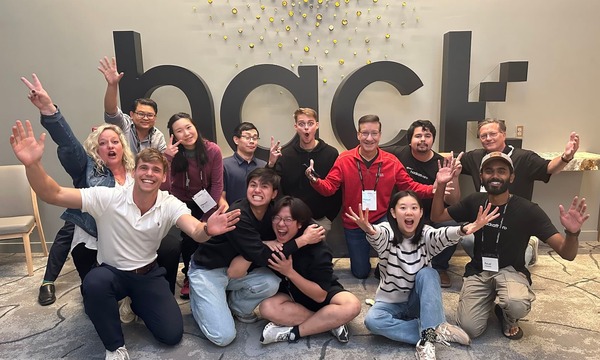
.jpg)
